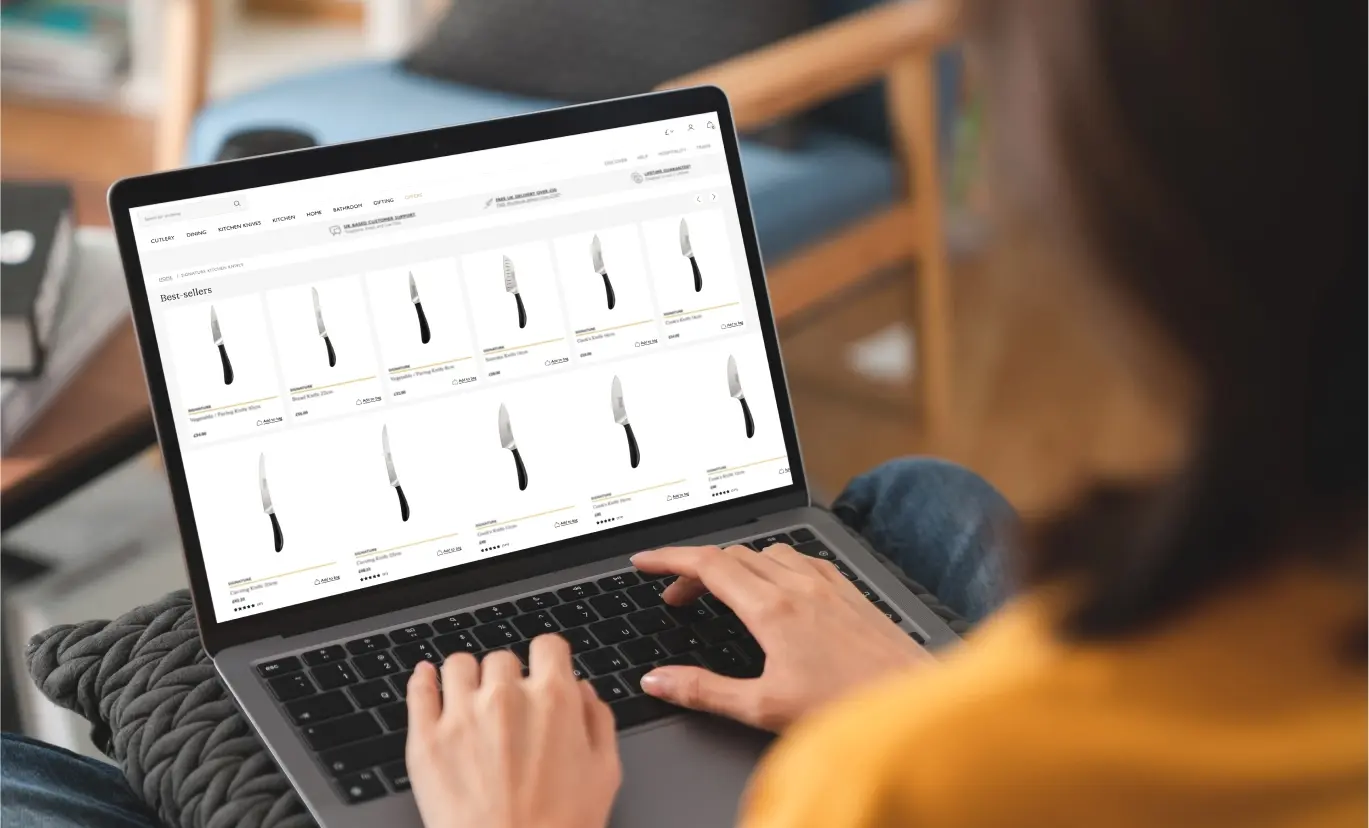
In a significant move towards tightening regulations on tobacco and vaping products, the UK has introduced the Tobacco and Vapes Bill. Originally introduced by the previous Conservative government, the Bill has now been reintroduced by the new Labour government, signalling bipartisan support.
The Bill aims to create a “smoke-free generation” by gradually raising the age of sale for tobacco and vaping products every year until they are completely phased out across the UK.
What is the main aim of the Tobacco and Vapes Bill?
The Tobacco and Vapes Bill seeks to tighten the regulatory framework around tobacco and vaping products. The key aim of the bill is to phase out the sale of tobacco and vaping products to anyone born on or after 1 January 2009.
Each year, the minimum age to buy tobacco or vaping products will increase by one year. As a result, anyone born on or after 1 January 2009 will never legally be sold tobacco or vaping products in their lifetime.
Additionally, the Tobacco and Vapes Bill proposes:
- Advertising and marketing regulations to prevent targeting minors. This includes restrictions on advertising vaping products and sponsorships by vape companies.
- Creating new powers to restrict the flavours, display and packaging of all types of vapes.
- Strengthening health warnings on vaping products, to bring them more in line with those seen on tobacco products.
- Measures to expand the indoor smoking ban to specific outdoor spaces. This could include children’s playgrounds and outside schools and hospitals, subject to consultation.
- Making most public places and workplaces that are smoke-free, vape-free too.
- Tackling illegal sales of tobacco, vapes and nicotine products in England, Wales and Northern Ireland through introducing a licensing scheme for retailers.
What does the Tobacco and Vapes Bill mean for retailers?
The Tobacco and Vapes Bill will bring significant changes for retailers selling tobacco and vaping products. Since the Bill is based on phasing out smoking according to age, retailers will need to ensure that they have robust age assurance measures in place.
Though the minimum age for purchasing tobacco or vaping products will increase, the Bill states that physical retailers still follow the Challenge 25 policy. This means that anyone who looks under the age of 25 will be asked to prove their age. This is part of a broader move towards stricter age checks to prevent underage sales.
Currently, the following forms of ID will be accepted:
- passports
- UK driving licences
- driving licences issued by any of the Channel Islands or the Isle of Man
- European Union photocard driving licences
- identity cards issued by the Proof of Age Standards Scheme and bearing its hologram (a PASS card)
We welcome the inclusion of other documents issued by EU countries, as this offers UK residents greater choice in the documents they may use. We hope this signals a commitment to enhancing inclusivity across other legislative areas.
Who will enforce the Tobacco and Vapes Bill?
Under the Tobacco and Vapes Bill, the sale of tobacco, vapes and nicotine products will be enforced by the trading standards teams of each local authority. Additionally, the Advertising Standards Agency (ASA) will enforce measures related to advertising.
Penalties for non-compliance include financial penalties of up to £2,500, including a new £200 fixed penalty notice in England and Wales. Repeated or serious violations of age verification rules could lead to a suspension or even permanent revocation of the retailer’s licence to sell tobacco and vaping products.
Ensuring robust age verification under the Tobacco and Vapes Bill
Physical retailers
The Bill details the five types of physical ID that retailers can accept from customers. One of these is physical PASS cards as proof of age. We would recommend that the list of accepted methods is expanded to include digital forms of ID provided by certified Identity Services Providers (IDSPs). These IDSPs will be accredited to the UK Digital Identity & Attributes Trust Framework (UKDIATF), which will be renamed the Digital Verification Service (DVS) under the UK’s new Data Bill.
The three Digital ID Connect apps – Yoti ID, Post Office EasyID and Lloyds Bank Smart ID – are all PASS-approved. They include the PASS hologram and are accredited to the UKDIATF. Currently, they’ve been downloaded by over 5 million people in the UK. We expect this network of Digital ID users will be significantly larger over the next two years, as during this time, the Tobacco and Vapes Bill will become effective on 1 January 2027 and the Government will pass the recently introduced Data Bill next year.
Online retailers
Currently, the Bill does not give any guidance to online retailers about age verification. We encourage the Government to ensure that their accepted age verification methods are as inclusive as possible.
With this in mind, retailers should offer a range of age assurance methods so that people can choose how they’d like to prove their age. Alongside offering identity document checks, online retailers could also accept Digital IDs.
It is estimated that almost 1 in 4 UK adults do not own a passport or driving licence. Facial age estimation could be offered as another method for people who are unable to, or would prefer not to, use physical documents. Facial age estimation technology accurately estimates a person’s age from a selfie. Once the technology returns an estimated age, all images are permanently deleted. No data is saved or used for any other purpose. It’s a privacy-preserving and inclusive method, which is already being used by retailers, tobacco and vaping companies around the world.
Since the Tobacco and Vapes Bill is still in its draft stages, the Secretary of State can still make changes to the list of accepted documents. For greater inclusion, we recommend that the Bill be amended to include digital forms of age assurance, such as Digital IDs and facial age estimation, alongside physical document checks.
What’s next for the Tobacco and Vapes Bill?
The Bill is currently undergoing scrutiny by the House of Commons. After this, it’ll move to the House of Lords and then any amendments will be considered. We expect the Tobacco and Vapes Bill to receive Royal Assent in 2025, after which the provisions of the Bill will be implemented from 1 January 2027.
Helping retailers to effectively check age
The Tobacco and Vapes Bill represents a significant step forward in the UK’s efforts to curb underage smoking and vaping. By focusing on age assurance, the Bill seeks to create a more secure, reliable system that makes it harder for young people to access tobacco and vaping products.
By allowing for a range of age assurance methods to be used, the Bill can help retailers perform quick, secure, inclusive age checks.
If you’d like to know more about age assurance, please get in touch.
Please note this blog has been prepared for informational purposes only. You should always seek independent legal advice.



